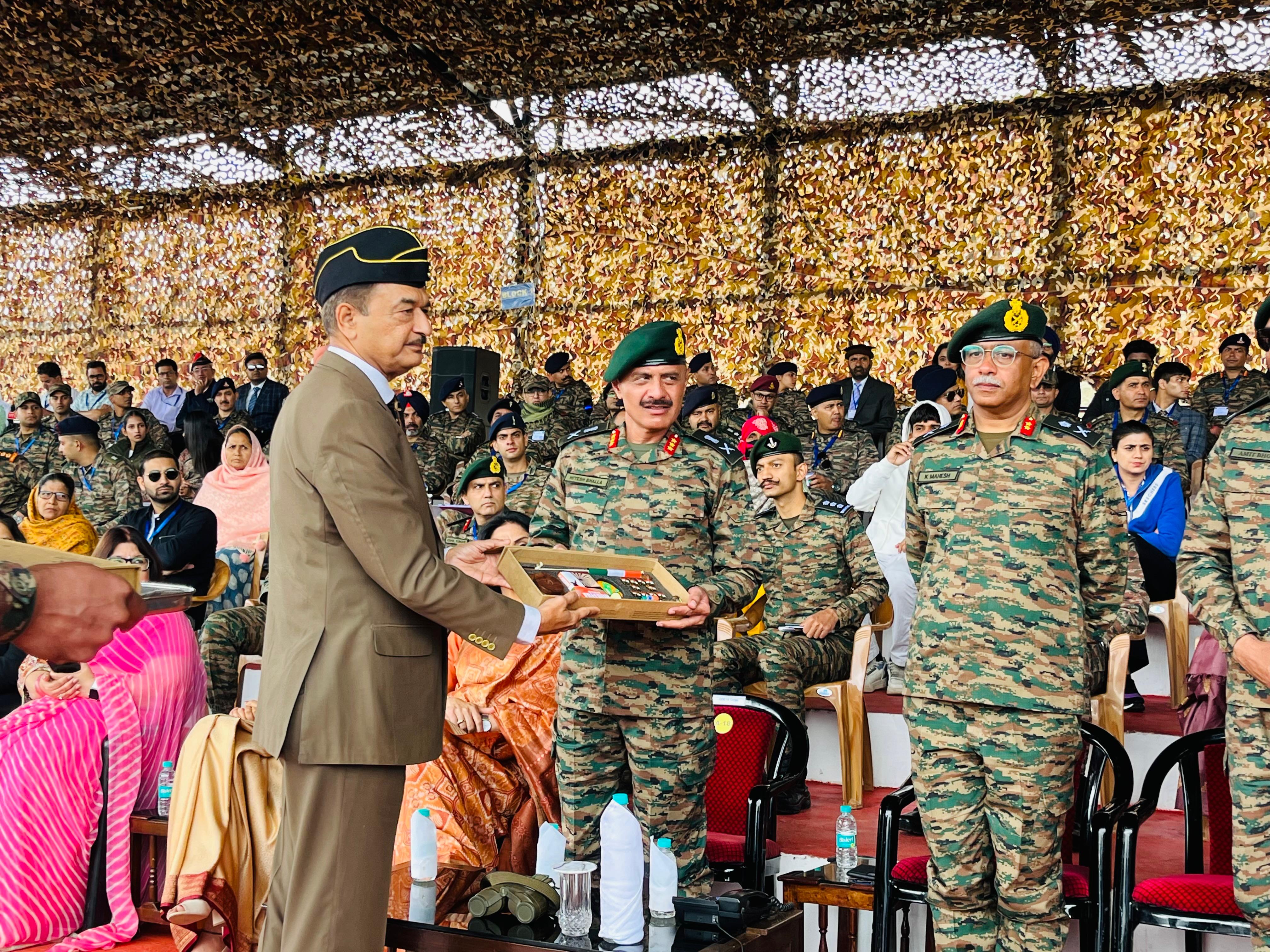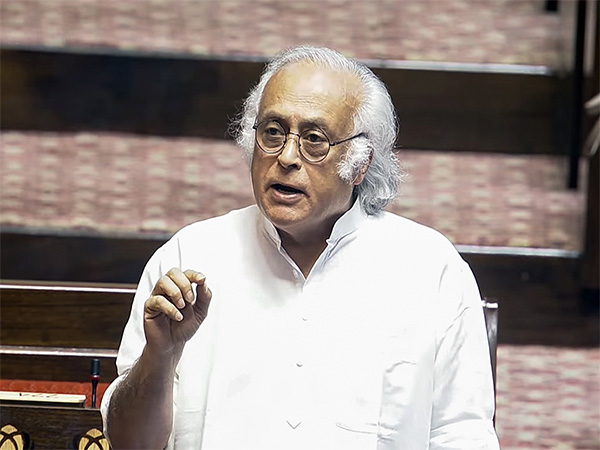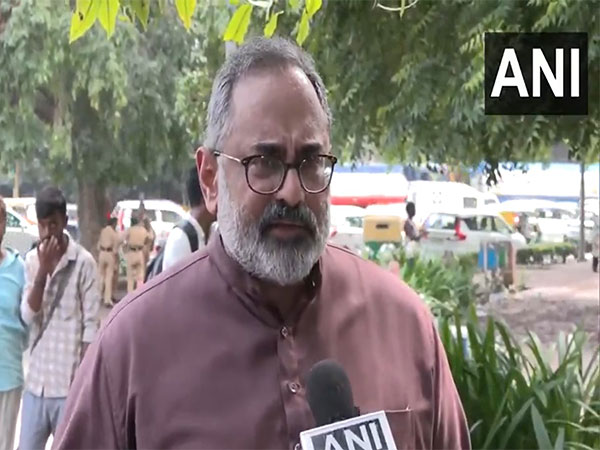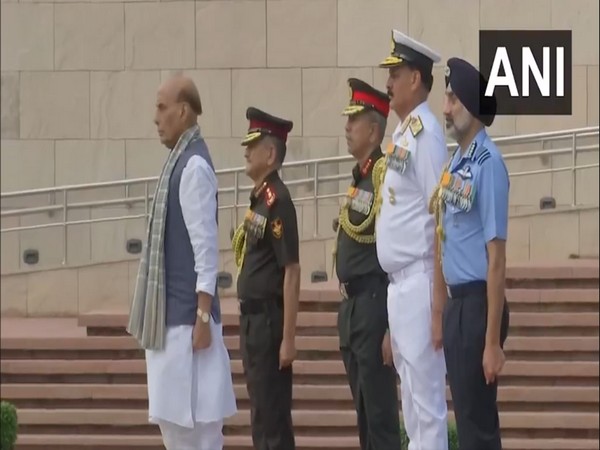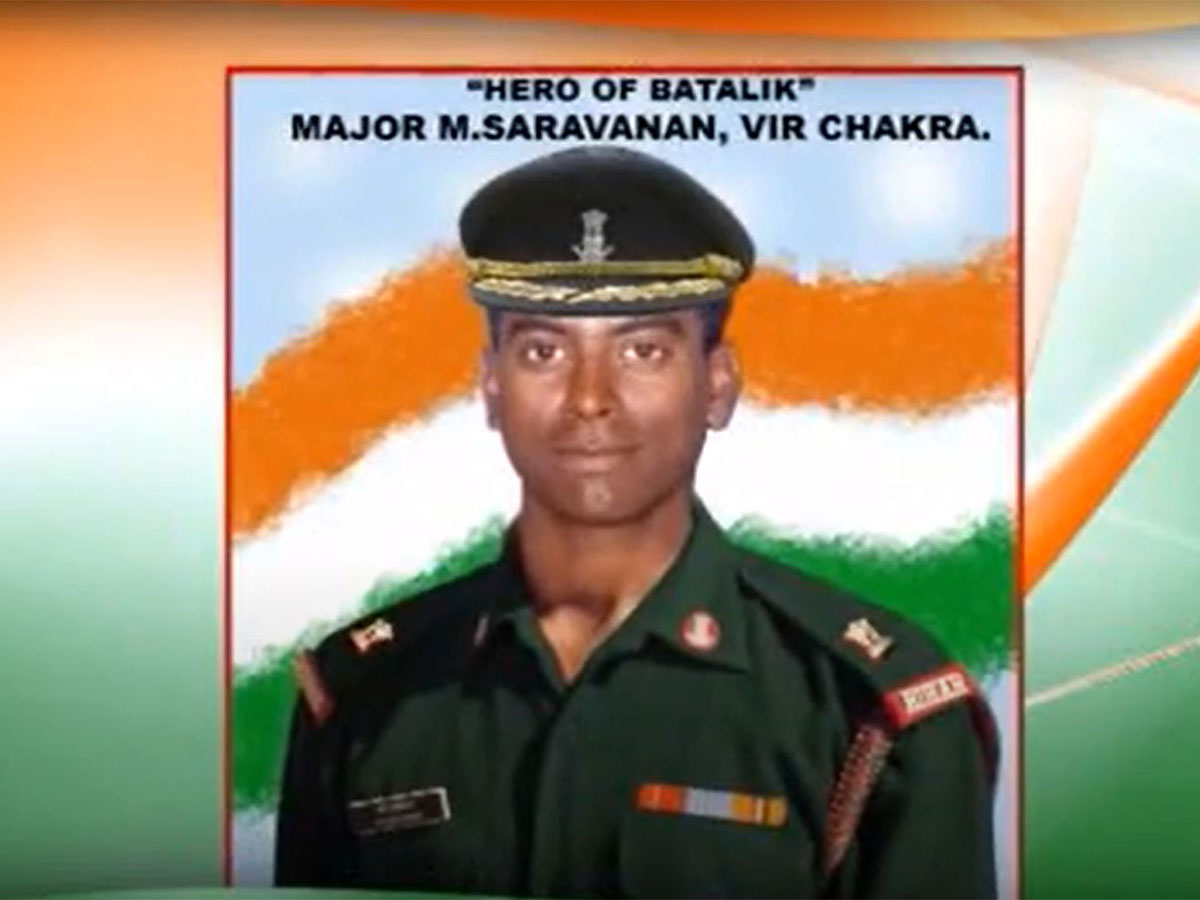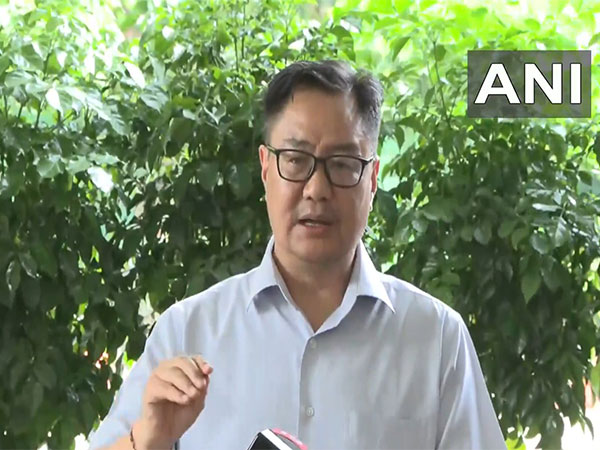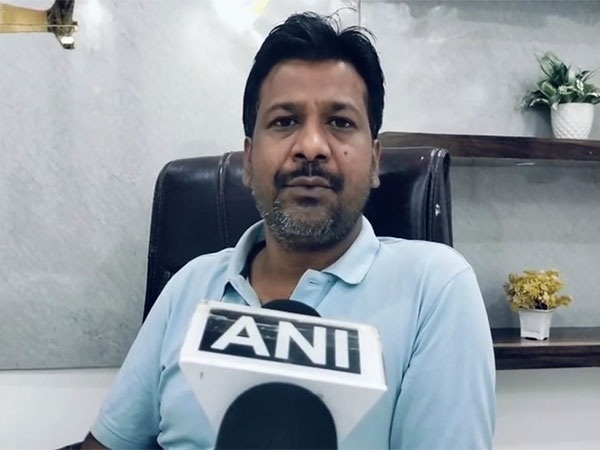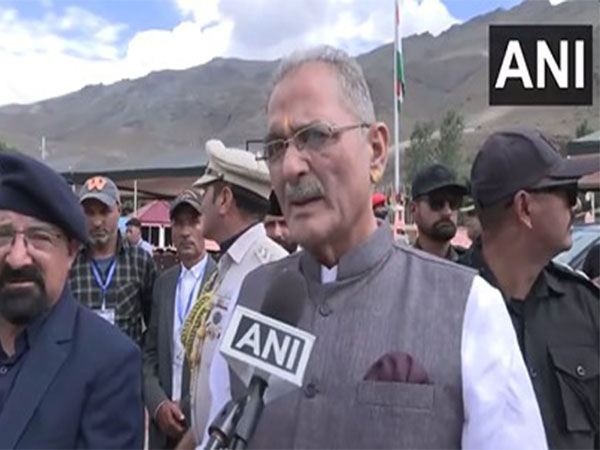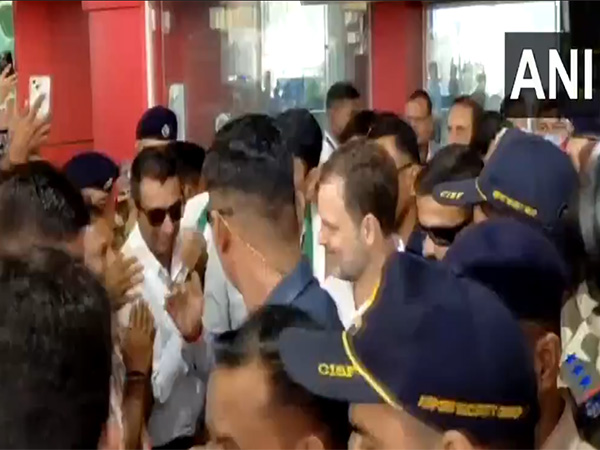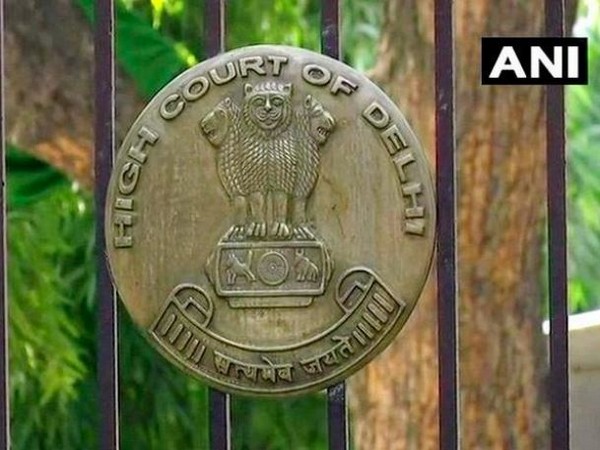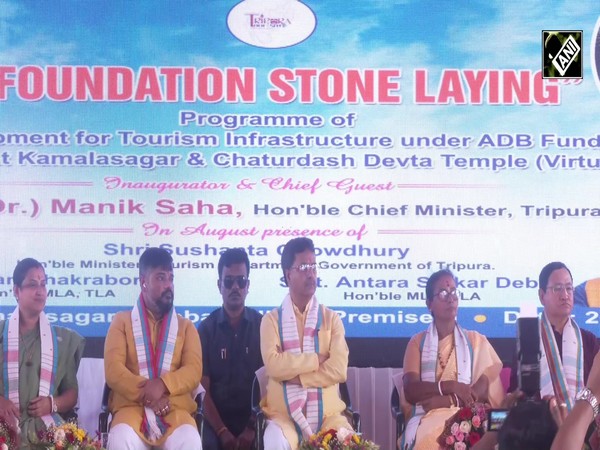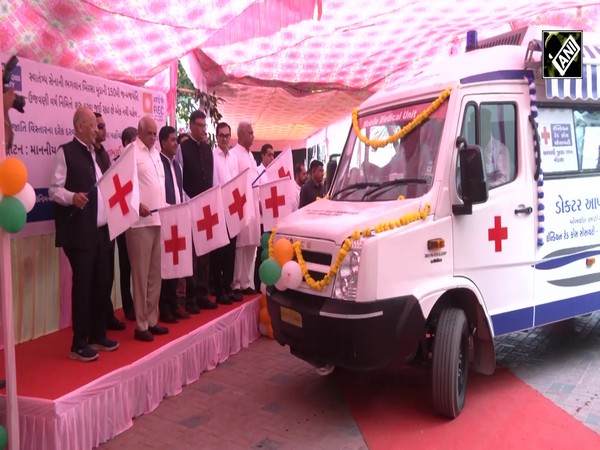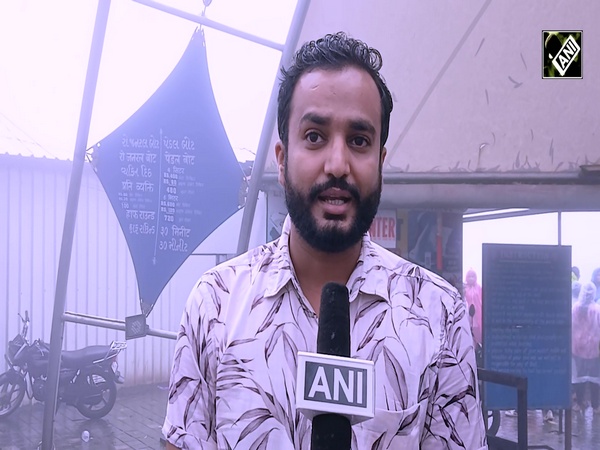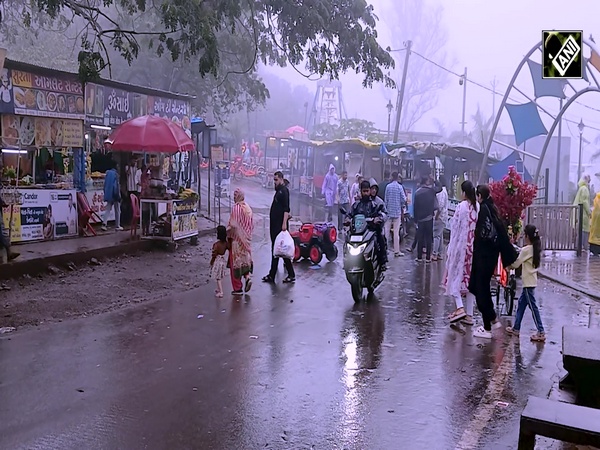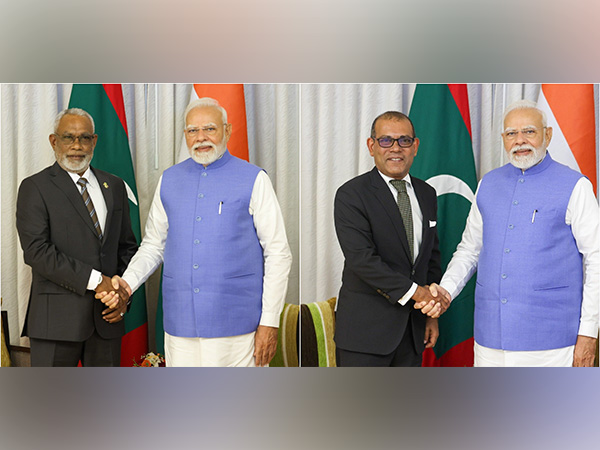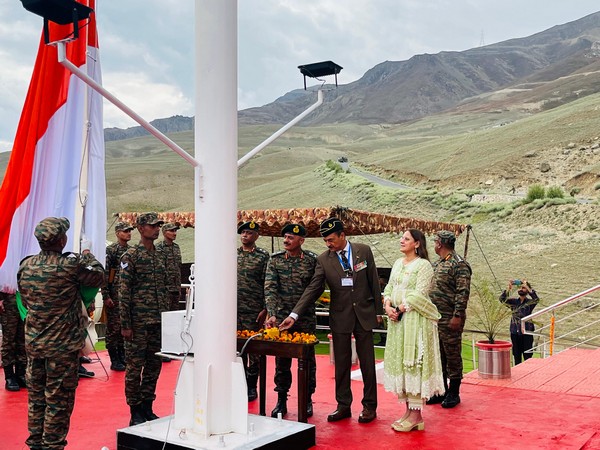
A tribute to soldiers, a message to Pakistan: Indian Army hoists Tricolour 72-feet high in Drass
Jul 25, 2025
By Niranjan Mishra
Drass (Ladakh) [India], July 25 : In a tribute ahead of Kargil Vijay Diwas, the Indian Army, in collaboration with the Flag Foundation of India, hoisted a 72-feet-high national flag at one of the highest vantage points in Lamochan, Drass. The initiative honours the bravery and sacrifice of the soldiers who laid down their lives during the Kargil War.
Strategically positioned, the location provides a clear view of key landmarks of the Kargil battlefield, including Tololing Point, Tiger Hill, Point 5140, Point 4875, and Point 5353 (which is still under Pakistani control). The sight of the Tricolour proudly fluttering in such proximity to these historic battlegrounds stands as a symbol of national pride and remembrance.
The flag was formally hoisted on Friday by Lieutenant General Hitesh Bhalla, General Officer Commanding, 14 Corps, alongside Major General (Retd) Asim Kohli, CEO of the Flag Foundation of India.
Speaking on the occasion, Kohli told ANI, "From this point, we can see Tololing and Tiger Hill; iconic locations in the history of the Kargil conflict. This Tiranga embodies the spirit and sacrifice of our martyrs, whose courage has safeguarded the nation's dignity and sovereignty. There is no greater honour than to give one's life for the country."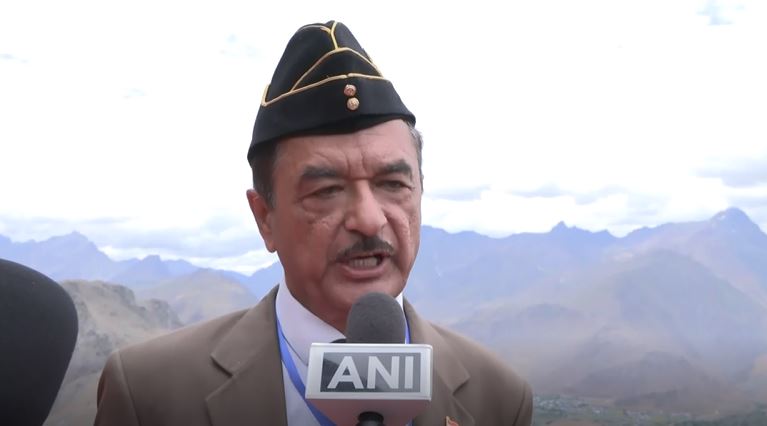
Ashim Kohli, a veteran of the Kargil War, was posted in the Batalik sector during the war. Talking to ANI, he said, "From our battalion, we lost one officer, one JCO, and 26 brave soldiers. This flag is a tribute to their sacrifice. Point 5353, visible from this site, remains under Pakistani control, and when their troops see this Tiranga waving defiantly, it will serve as a powerful message of India's enduring respect for its heroes."
Every year on July 26, India commemorates Kargil Vijay Diwas, a day etched in the nation's heart with pride and solemn remembrance. It marks the day in 1999 when India successfully concluded Operation Vijay, reclaiming the strategic heights from Pakistani intruders.
The Kargil War is a saga of strong political, military and diplomatic actions. This War will always be remembered for its strategic and tactical surprises, as well as the self-imposed national strategy of restraint in keeping the war limited to the Kargil-Siachen sectors and the swiftly executed tri-services military strategy.
The Kargil War lasted for more than 60 days and concluded on July 26, 1999, with a gallant victory for India. Indian armed forces successfully reclaimed the command of the high outposts that were treacherously occupied by Pakistani soldiers during the winter months.
According to IAF, Operation Safed Sagar, the Indian Air Force's codename for its air operations during the 1999 Kargil War, was a trailblazer in many ways and proved that air power could decisively alter the course of battle without crossing international boundaries.
The operation was launched on May 26, 1999, marking the first large-scale use of air power in Kashmir since 1971 and demonstrating the effectiveness of limited air asset use in a localised conflict.
